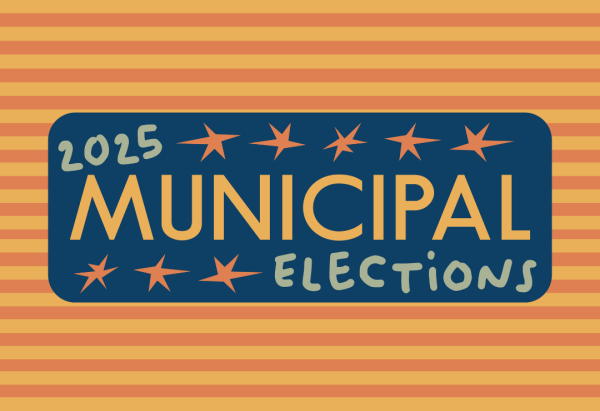Second court rejects voter ID law
February 19, 2020
The North Carolina Court of Appeals blocked a voter ID law from going into effect Feb. 18, likely preventing the voter ID law from going into effect before the 2020 general election.
This is the second court to prevent the voter ID law from implementation. In December, a federal district court blocked the law from being implemented for the March 3 primaries.
“Today, the state Court of Appeals has chosen to unanimously side with democracy,” said North Carolina Democratic Party Chairman Wayne Goodwin in a press release. “North Carolina Democrats remain committed to protecting every citizen’s right to vote, and maintain that voter suppression laws like this disenfranchise people of color by unnecessarily creating new hurdles to the ballot box.”
Goodwin added, “We need to make it easier to vote – not harder.”
The three judge panel issued a preliminary injunction which means the law can not go into effect while the current lawsuit is underway.
The judges wrote in their opinion, “the General Assembly’s decision to exclude public-assistance and federal government-issued IDs will likely have a negative effect on African Americans.”
The law in question, S.B. 824, was passed weeks after the November 2018 elections, when the constitutional amendment, which included a photo ID for voting in person in the North Carolina constitution, passed with 55% of the vote. The Republicans lost their veto-proof majority in those same elections.
The panel wrote that passing S.B. 824 so quickly after Republicans lost their supermajority “shows an intent to push through legislation prior to losing supermajority status and over the governor’s veto. Moreover, the quick passage of S.B. 824 was undertaken with limited debate and public input and without further study of the law’s effects on minority voters.”
The bill passed and was vetoed by Gov. Roy Cooper before being overridden with one Democrat, former Charlotte Sen. Joel Ford, co-sponsoring the bill and voting to override Gov. Cooper’s veto.
State House Speaker Tim Moore (R-Cleveland) released a statement in response to the ruling.
“North Carolinians know that General Assembly leaders will continue to fight on their behalf for a commonsense voter ID law that they chose to put in our state constitution, and we will not be deterred by judicial attempts to suppress the people’s voice in the democratic process,” Moore said in the press release.
Moore is also a defendant in the case.













